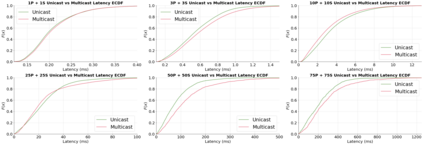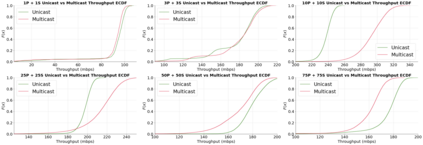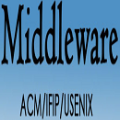
The Data Distribution Service (DDS) is an Object Management Group (OMG) standard for high-performance and real-time systems. DDS is a data-centric middleware based on the publish-subscribe communication pattern and is used in many mission-critical, or even safety-critical, systems such as air traffic control and robot operating system (ROS2). This research aims at identifying how the usage of multicast affects the performance of DDS communication for varying numbers of participants (publishers and subscribers). The results show that DDS configured for multicast communication can exhibit worse performance under a high load (a greater number of participants) than DDS configured for unicast communication. This counter-intuitive result reinforces the need for researchers and practitioners to be clear about the details of how multicast communication operates on the network.
翻译:数据分发处(DDS)是高性能和实时系统的一个目标管理小组标准,DDS是一种基于出版订阅通讯模式的以数据为中心的中间软件,用于许多任务关键系统,甚至安全关键系统,如空中交通管制和机器人操作系统(ROS2)。 这项研究旨在确定多播的使用如何影响不同数目的参与者(出版商和订户)DDS通信的业绩。结果显示,为多播通讯配置的DDS在高负荷(参与者人数多于为单发通讯配置的DDS)下的表现可能更差。这种反直观的结果使得研究人员和从业人员更需要清楚多播通讯如何在网络上运作的细节。







